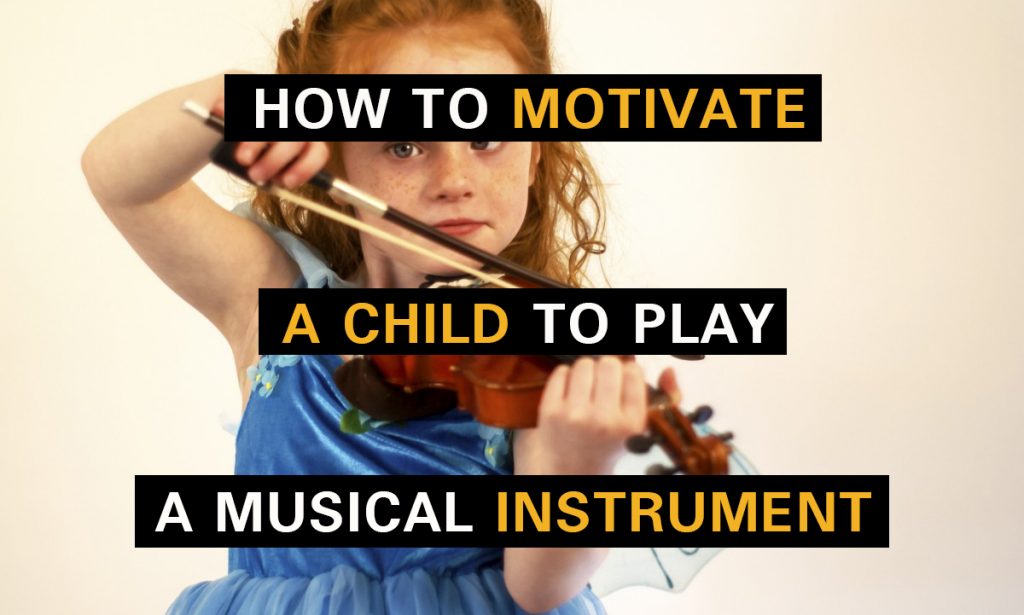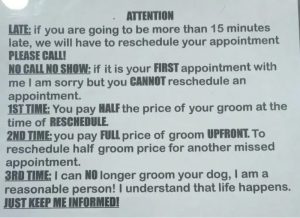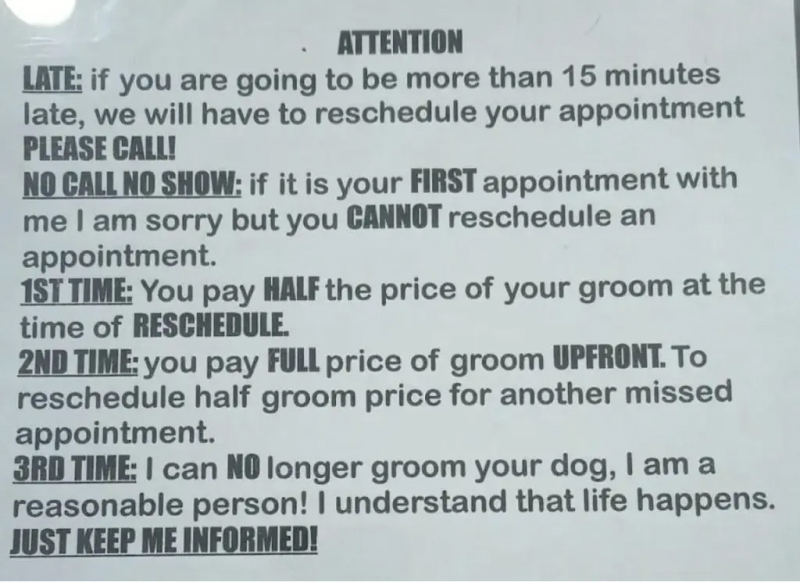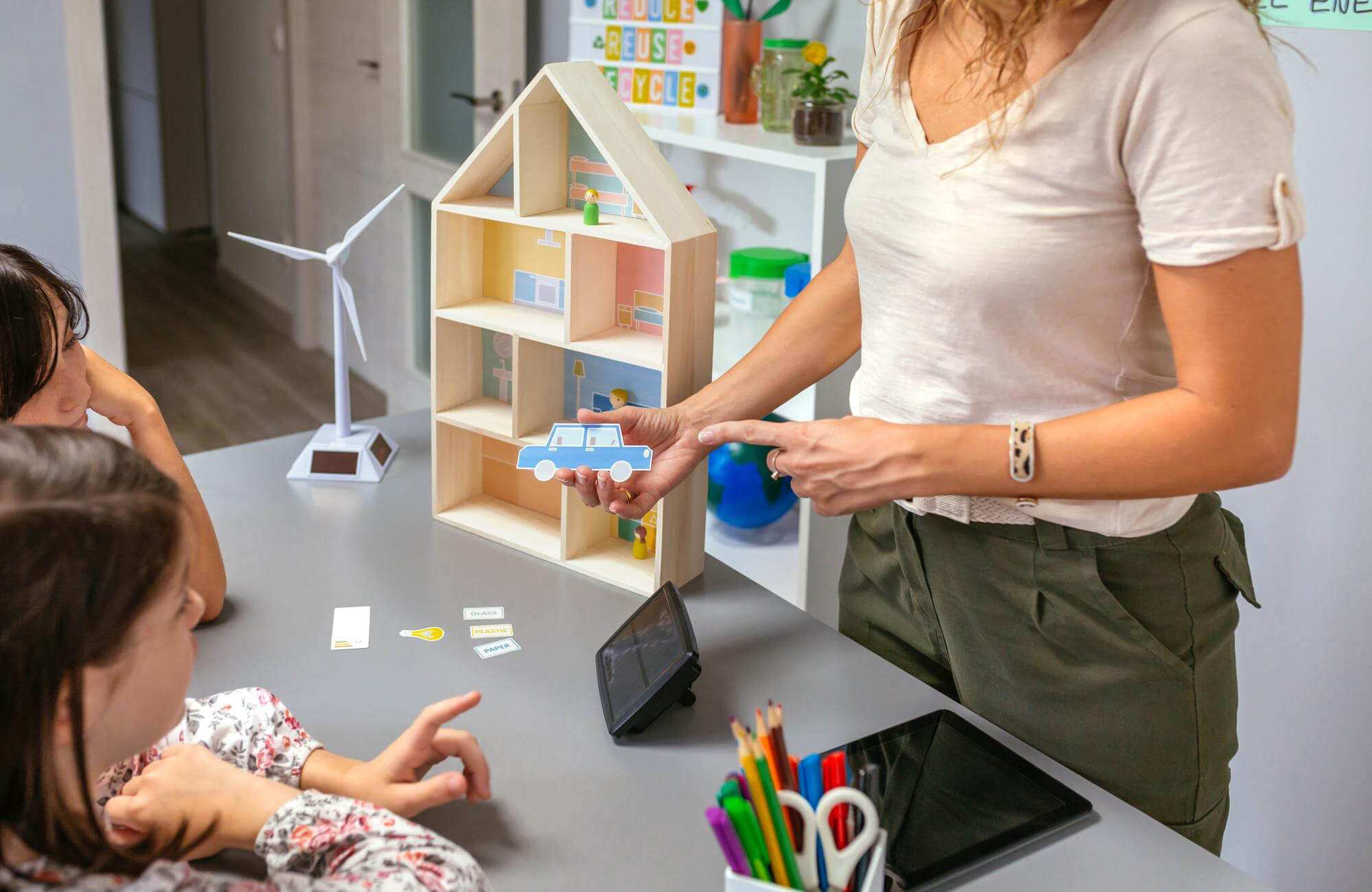The initial stages of learning how to play a musical instrument can be exciting both for parents and their children.
However, many times this excitement is short-lived and when it wanes, convincing your child to practice becomes a daunting task. For many parents, this can be a frustrating moment with many wondering how to motivate a child to practice instrument. In this post we shall discuss:
- Possible reasons why your child may be less interested in practising
- How to motivate your child to practice their musical instruments
Why Children may be Less Interested in Practising Musical Instruments
What would make a child who had initially shown tremendous interest in music suddenly lack the motivation to practice? Various reasons can trigger this as we shall see below.
Expecting Fast Results
Learning music is usually a long process marred with lots of challenges.
Whether you are a novice or experienced in the music industry, you need to invest many hours into practice to enhance your skills.
As young students advance to challenging and intricate topics, they will need more time to become proficient.
Children can be impatient and will many times want fast results.
When this doesn’t happen chances are that they will be disappointed and lack interest to keep on practising.
Mastering some musical instruments can take between weeks and months. Many times your children will not want to keep going after a series of failures.
Sometimes expectations from teachers, peers, or even you can make them have unrealistic expectations.
Paying little or Excess Attention to the Child’s Music Practice
It’s no doubt that many children long for acknowledgement, love, and attention.
However, many parents are too busy and children will be left to practice alone.
If you hardly acknowledge or keep track of your child’s progress they will soon lose interest in practising.
Again, some parents scold children for not investing enough time into practice. Others go to the extent of hurling criticism during practice.
In the end, this not only complicates the learning sessions, but it creates tension between the child and their parents.
Rather than being fun and exciting, learning music becomes a source of misery and fear.
Children exposed to such learning conditions may grow resentment towards their instruments.
Feeling Discouraged from being compared with Peers
Every child is different and while some master how to play musical instruments fast, others are slow learners.
Watching peers progress faster can be discouraging especially for the slow learners.
This can be intensified when other people compare successful children and the not so successful ones.
Hearing comments such as “when Peter was your age he already knew how to play the piano” can hurt your child’s confidence.
The Child is either Distracted or Overly Committed
While you may want to blame a lack of interest, sometimes it’s not the case.
Your child could be struggling with distractions and commitments such as homework or house chores.
Moving from one task to the other can be exhausting and your child will have little to no energy to practice musical instruments.
As much as the child may be interested in practising, there could be various distractions at home.
The television, siblings, and visitors are some of the distractions that can deny your child the convenience they need to practice.
Your Child has Little Idea about Practising

Many children are aware that they need to practice to enhance their skills.
Apart from knowing that playing their musical instrument is critical, they have little idea on how to practice.
With little knowledge on how to go about improving skills your child lacks direction and may end up getting bored.
How to Motivate Child to Practice Instrument
Smart and steady practice helps you grow your musical endeavors. Studies suggest that regular practice promotes musical achievement.
However, this can be impossible if your child dislikes the idea of practising. How then can you motivate your child to engage in music instrument practice?
Here are some tips.
1. Get a Good Teacher
A good teacher focuses on teaching each child at their own pace.
Further, they are neither egoistic nor will they be upset should you choose a different teacher for their child.
The best teacher will encourage you to do so.
Often, all your child needs is to connect with a different teaching method or personality to feel encouraged to play their instruments.
2. Praise them for their Effort
Research indicates that praising your child is better than concentrating on the eventual results.
Rewarding the efforts they make to hit milestones is more instrumental than focusing on performances and recitals.
When your child realizes that you’re only focusing on the final results, they start resisting practice.
This is because they are often afraid of making mistakes.
Encourage your child to practice by discussing the importance of practice not only to them but also for established musicians.
Let them understand that success doesn’t come without a struggle.
3. Create a Practice Routine

Fitting in practice into a busy schedule can be an arduous task.
One of the best ways to solve this is by having a practice routine.
This way, you make it a habit to ensure that learners get used to practising at scheduled times every day.
For instance, when your child comes home from school you can allow them a few minutes to change their clothes and have their snack.
From there they can practice for approximately 45 minutes under your supervision and guidance.
Reward their successful practice session with 20 minutes of playing their favorite games before they can embark on other chores.
It’s worth mentioning that coming up with a schedule is the easy part. Maintaining it, however, can be an arduous task. Still, you can manage by upholding strictness.
4. Set Practice Goals
Rather than setting short practice goals, you want to come up with a practical achievement goal.
For instance, this can include playing measures and bars without making mistakes.
When teachers give their expectations, you can help your child to divide them into daily achievable goals.
These can incorporate things such as skill development and scale playing for different techniques.
The collective impact of achieving these goals is encouragement that stimulates your child to practice more.
5. Allow Your Child the Freedom to Choose
Remember, being skilled in playing a specific instrument should not convince you that your child will bear the same interests.
As we mentioned before, everybody is different and chances are that your child will be interested in a different instrument.
Allow them time to explore and identify where their interests lie.
According to Matt T., a professional guitarist, parents should allow their children the freedom to pick the instrument they are interested in learning.
He goes on to say:
“I’m a guitarist, and I’d love nothing more than my son to be interested in learning guitar, but he’s undeniably drawn to the piano. Plus, if an instrument is thrust upon them, practising it will also be thrust upon them. Letting the child choose the instrument turns this on its head, and into your favor, even if they didn’t choose the instrument you would have liked them to play.”
6. Practice Shouldn’t be a Constraint
This might sound unreasonable especially because parents invest money for their children to benefit from music lessons.
Perhaps you are wondering how your child will master their instruments and succeed in this case.
What we imply here is that practice shouldn’t be made to look like a constraint to other activities that children consider fun and exciting.
For instance, does your child enjoy engaging in outdoor games or playing video games?
If they do, some parents may be tempted to leverage that opportunity as a reward for a successfully completed practice session.
Rather than motivating your child, doing so makes them realize that practice is what stops them from engaging in fun activities.
This is highly likely to trigger fear and dislike for practice. Experts advise against such actions.
They say it creates an impression that practising a musical instrument is not as fun as playing video games.
7. Reiterate the Long term Advantages of Practice
Praising your child may not be enough to motivate them into practising their musical instruments.
If you have teenagers, they are at a point in their lives when they can choose whether or not to continue with their music studies.
Still, studies suggest that children who demonstrate long-term to medium dedication to musical instruments practice regularly.
Chances are high that children who envisioned playing musical instruments as adults were highly motivated.
Parents should be supportive of their children. This is critical in ensuring that children envision instrument learning as a valuable skill they can benefit from in the future.
8. There will be Discouragement but don’t let it Rule

Your children will be discouraged at some point especially when the lessons become complex.
However, you want to avoid a situation where pessimism rules. Encourage breaks in between lessons when the child seems frustrated.
You can also encourage children to play what they have confidence in.
Encourage and offer praise throughout and let them understand that mastering instruments doesn’t happen overnight.
Remind your children that it’s just a matter of time before they can conquer the frustrating moments and thrive.
Finally
Apart from mental benefits, learning music enhances auditory and motor skills.
Experts say that music can boost a student’s test scores.
Parent’s input in a child’s musical studies plays a huge role in motivating them to pursue the course on a long-term basis.
However, children often get bored easily and their interest is likely to diminish with time.
If this is the case with your child, these tips should come in handy to help you motivate them.

















